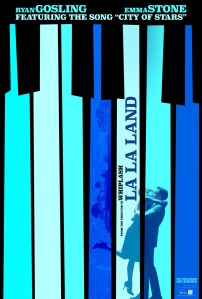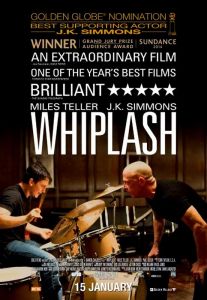
Good Vibrations (Leon Bridges, Good Thing review)
As a collector of good music, it’s incredibly satisfying when a bid continues to pay off. Despite all of the odds telling me that the music well can only dig so deep before coming up dry. Luckily for me, Leon Bridges planted more derricks and is establishing his reputation. It’s a Good Thing.
Leon Bridges – Good Thing
released May 4, 2018
******** 8/10
Todd Michael “Leon” Bridges is now 28 years old. I reviewed his 2015 album Coming Home, almost exactly two years ago. I love that kind of symmetry in life, it’s poetic when things work out good, and it’s a good thing. Good Thing is also the name of Bridges sophomore effort and like his previous work, it’s full of soul, gospel, R&B and blues influences.
The major difference you’ll hear between his two albums is the production value, but that doesn’t mean that one is better then the other. Coming Home is something of a time capsule (read: recorded with vintage equipment), whereas Good Thing feels a lot more like Bridges falling in with the times, though the times are represented by several decades rather then just the sixties. That, and he is proving yet again he knows how to pull on our heart strings. But where Coming Home was cohesive and distinct, this record is more of an exploration, one that still flows in and out of tracks well.
Not everything on the album works perfectly, with a couple of tracks in the middle softening the ambience, but I bet if you listened to this half a dozen times you wouldn’t know which ones I am referring to without some consideration. Proving yet again, that Mr. Bridges deserves his Mrs. and I am thankful that he included a closing track that gets the juices flowing.
The first four songs are particularly entertaining, and rightly so given that Bridges stays within his established zone for them, and Bet Ain’t Worth the Hand, Bad Bad News, and Beyond are also singles that play more like A tracks then B ones. When we get to the end of the album, you have to wonder where the past 34 minutes went, but luckily enough, hitting repeat is a simple solution.
Shy could be an anthem for me, for you and for anyone that’s ever felt a bit inhibited in life – a problem quickly solved with some liquid courage and a gentle guitar. It’s a solid nod to the 1990s and the production chops of Danger Mouse.
Be still, my beating heart.
Now we get into the meat of the album, and this is where it gets gooey an a little soft. Forgive You and Lions are both free of the past, and they sound like something contemporaries Pharell, Bruno Mars and Sharon Jones would make, with smooth tempos and jazz samples. But then you get You Don’t Know and If It Feels Good (Then It Must Be) and I have to wonder what happened, because those tracks sound a bit more like drafts then final cuts.
I personally think he needs to continue to explore the sounds of the 1950s and 60s, and draw in the new when possible, but this is a good start to something more mature.
Pros: As previously mentioned, Mrs. is the biggest surprise of the record, it’s got depth, breadth and some sauce. But Georgia to Texas is solid runner up for my favourite song and a beautiful tribute to Leon’s mother.
Cons: I already mentioned how If It Feels Good, and You Don’t Know feel rather simplistic and raw in their presentation, and it doesn’t matter how wrapped they are in 80’s synth, catchy isn’t necessarily good either. And man is You Don’t Know a catchy song.
Runtime: 34 minutes
Points of Interest: Good Thing debuted at number three on the Billboard 200. It is the second album to be produced by Columbia records and Ricky Reed, who has worked with Meghan Trainor, had a major hand in the album.
Crooning is a difficult game, and while I can appreciate the fact that black artists who dabble in the past need to represent their forefathers with care, it’s not exclusively their responsibility either, and Leon Bridges doesn’t exactly need a reminder of what soul music means, he wouldn’t be able to make it without some pain.
theories Summarized
And that’s a Good Thing. But in all seriousness, I think this a really solid album and have no hesitations in recommending you take a listen or five. It’s a more adventurous outting to be sure, but Bridges has taken it upon himself to demonstrate that he understands the history of the music he references, and is layering more into the lyrics.
Love, religion, family, and personal battles all feature with great tenderness.
One sophomore album review not enough for you creative cuties? How about this recommendation of Sound of Silver by LCD Soundsystem? It’s a really great record and features all of the absurdity and comedy you’ve come to love from the New York group, but with a maturity that was expressed on their self-titled effort. I think you’ll like it too.
And if you like either of these album reviews or both of them, please like and share the video, and of course, please subscribe to the blog and channel for more awesome theories on the arts! Tomorrow I have some thoughts on Batman Ninja.
Tim!








